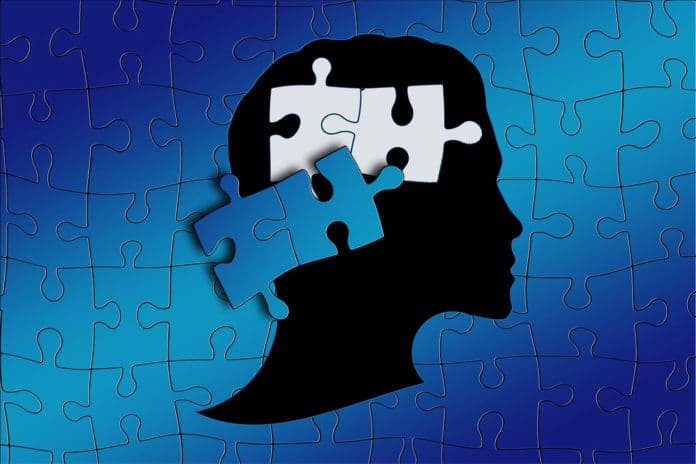Sleep problems are very common, reportedly as high as 80% in children with ASD. This is harmful to the child’s development in many areas of life and adds to the stress experienced by parents and siblings.
A new study has shown that there is a range of strategies therapists can recommend to parents and children that are highly effective in helping children with ASD get a good night’s sleep, but they need to be tailored to each child.
UC Associate Professor Karyn France, another principal investigator, said, “We carefully analyzed of all the factors in the families’ circumstances, and the interactions between the child and his or her parents that might have contributed to the sleep problem. This allowed us to create an individualized therapy programme for each child, implemented by the parents with the guidance of the research therapists.”
The scientists focussed primarily on the job that gadgets, including smartphones and tablets, played in the sleep problem and took care to include older children and adolescents in the design of their own program.
The outcomes found that a dominant part of the children included reduced the severity of their rest problem(s), with a significant number, promptly following their treatment, put in the non-clinical severity range.
The benefits of treatment were maintained at both short-term and long-term follow-up sessions (at 4-6 weeks and again at 12-14 weeks after treatment), with almost all parents, reported to be highly satisfied by the therapy. However, some noted that it was sometimes effortful and time-consuming.
The scientists concluded that their strategy for developing individually tailored treatments created highly effective therapies, and there was little evidence the initial severity of the child’s ASD altered the outcome.
Professor Neville Blampied, another key figure of the UC research team, was delighted with the study’s results. “The families receiving treatment by telehealth methods experienced the same overall benefits as those seen face-to-face, which is good news for families lacking direct access to specialist services.”
Scientists are continuing their research into children with ASD and in work funded by the Marsden Fund of the Royal Society of New Zealand, have extended the project to include those children with rare genetic neurodevelopmental disorders. The team welcome enquiries from parents interested in participating in either of these projects.
Journal Reference:
- McLay, L., France, K., Blampied, N., van Deurs, J., Hastie, B., Carnett, A., Woodford, E., Gibbs, R., & Lang, R. Function-based behavioral interventions for sleep problems in children and adolescents with autism: Summary of 41 clinical cases. Journal of Autism and Developmental Disorders. Published online 02 June, 2020.Hunter, J., Knight, Js10803-020-04548-7 DOI: 10.1007/s10803-020-04548-7
